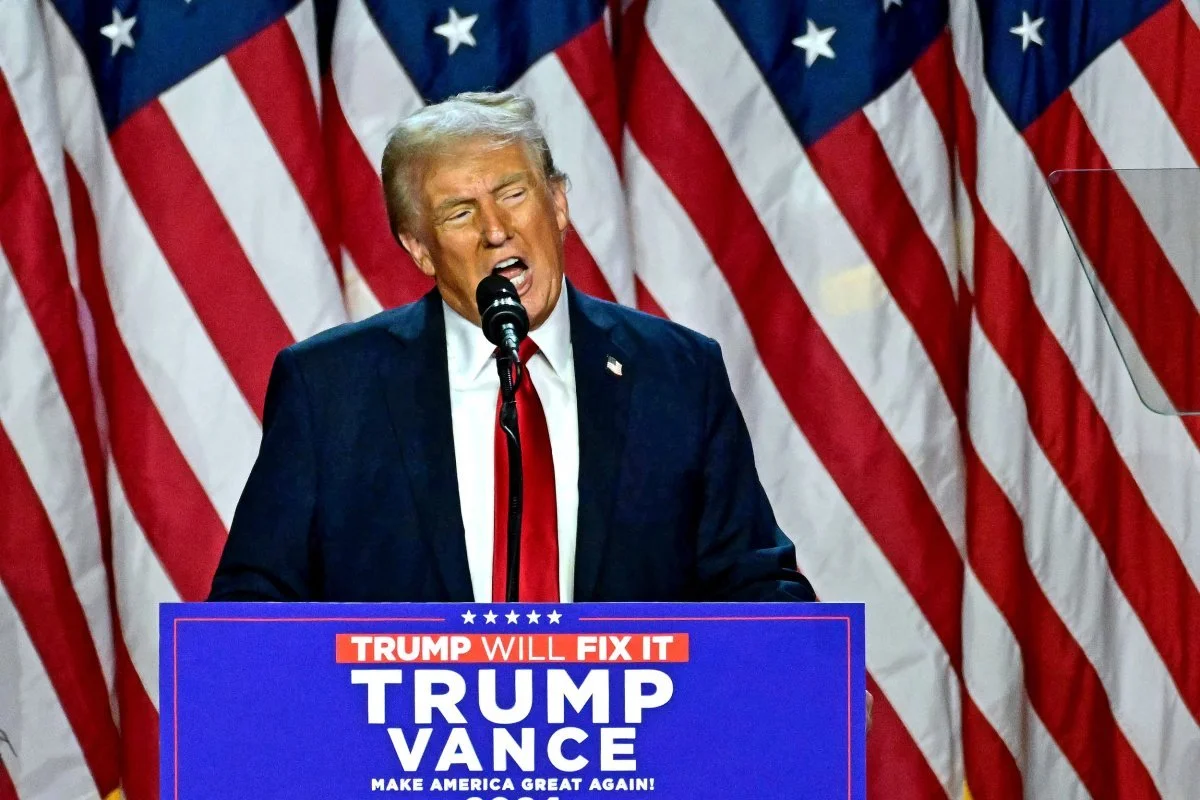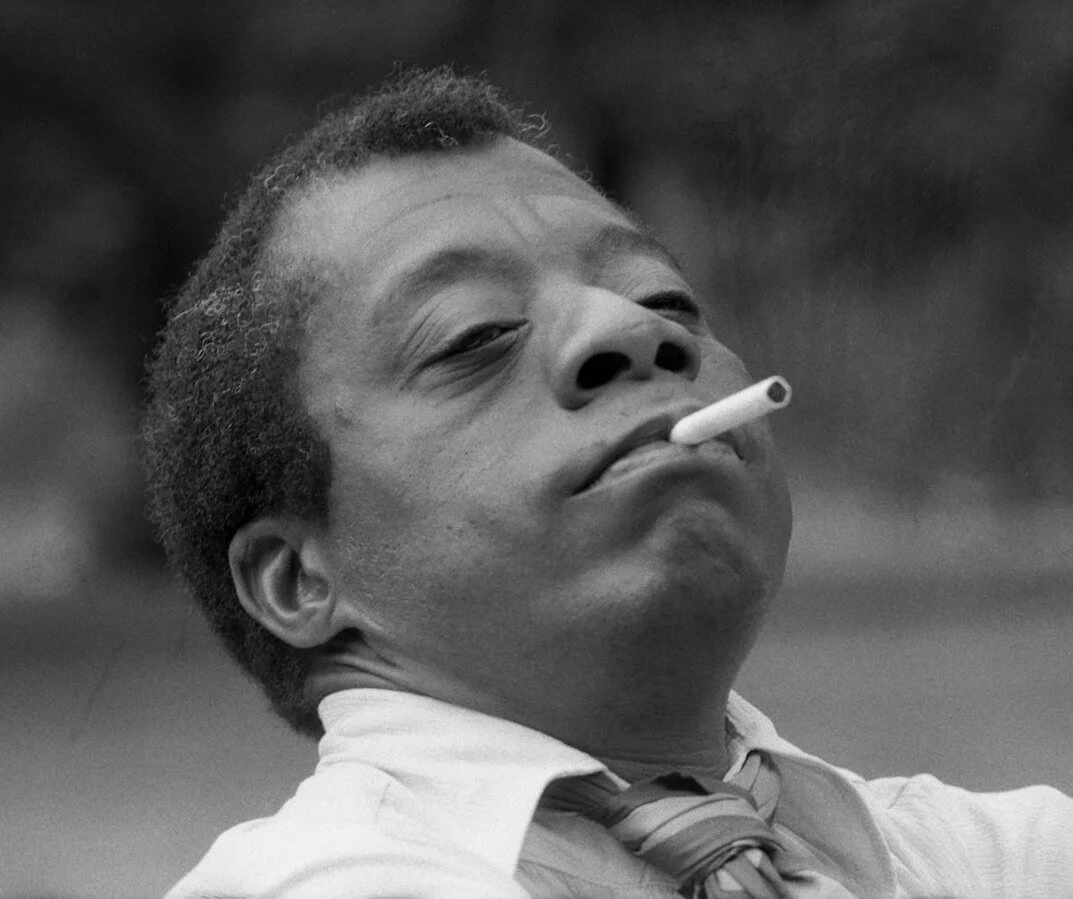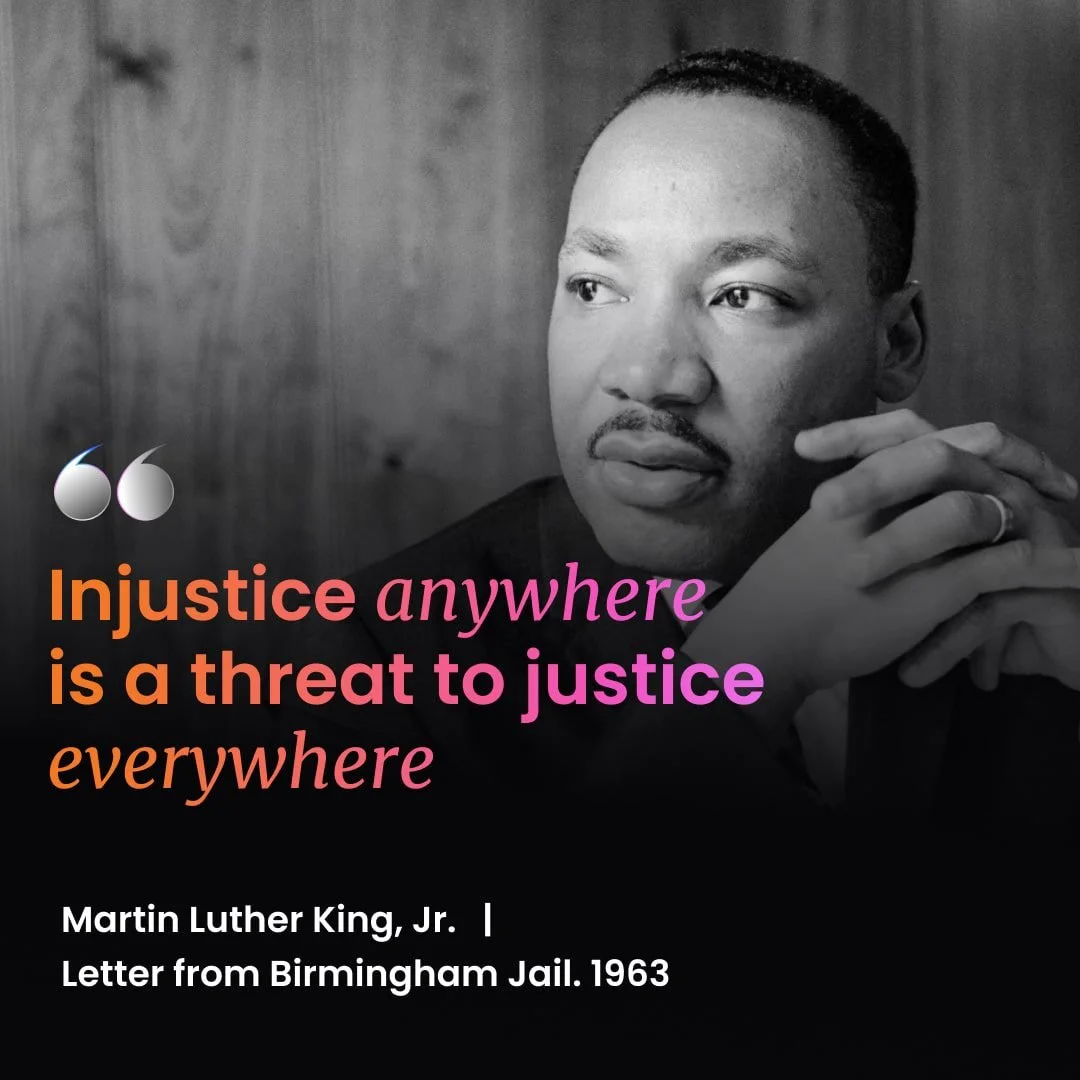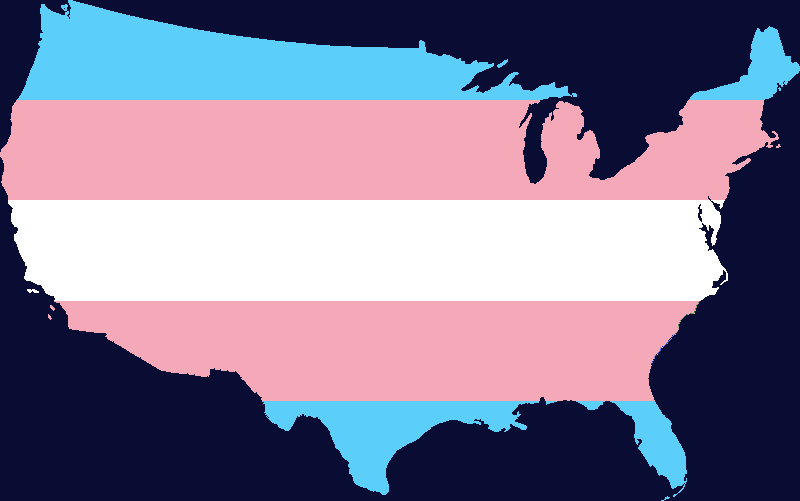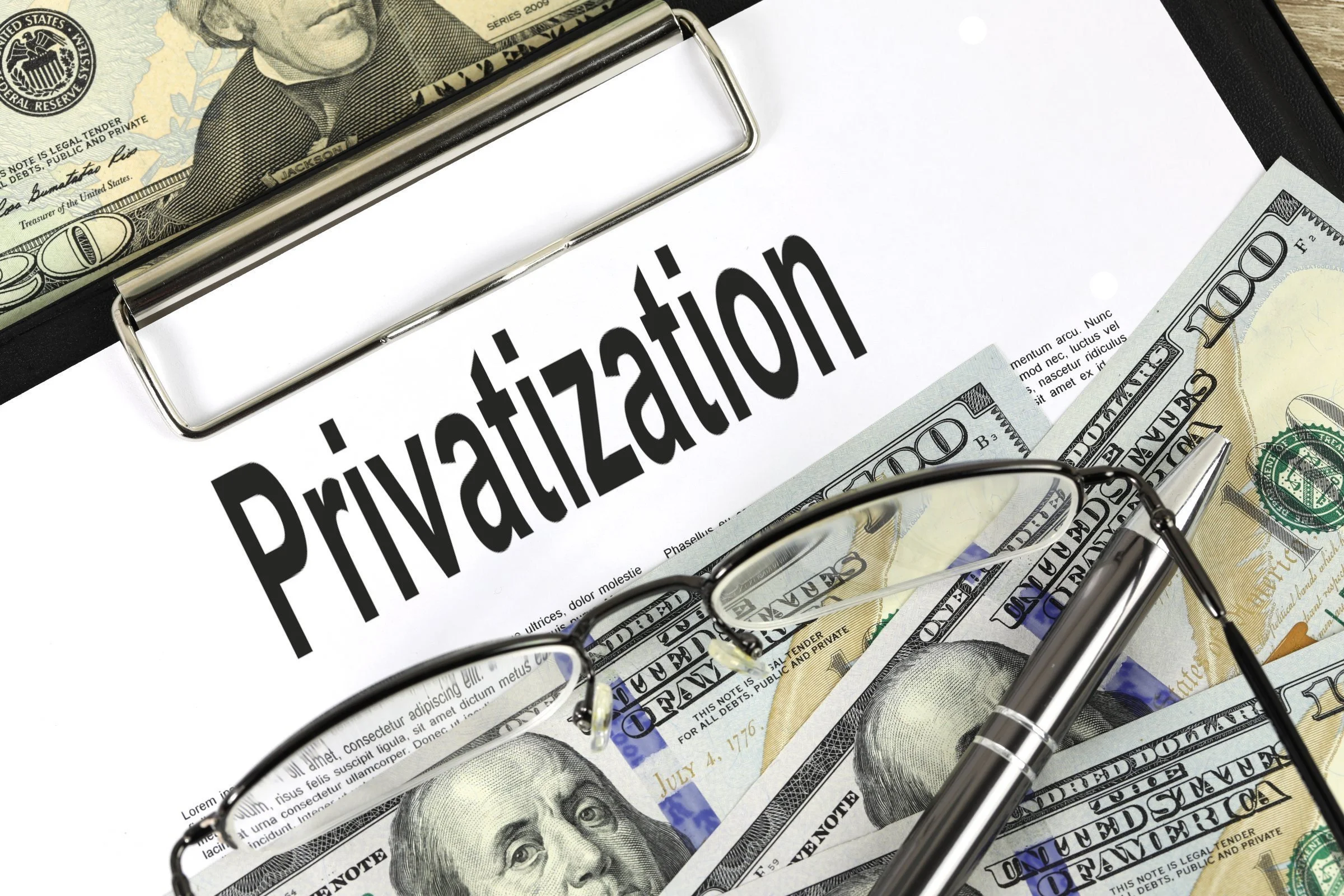
All Things Being Equal
An on-line journal exploring society, culture, and politics through an egalitarian lens.
Denying the economic experiences struggling Americans are relating as well as the data telling the story of rising prices and stagnant wage growth, Donald Trump called the now politically central issue of affordability a “Democrat scam.”
Not only has Trump basically turned a blind eye to the economic hardships Americans are suffering, even worse, it seems like practically every day he and his Republican allies pursue some measure to make the affordability crisis even worse, evidencing his unrelenting attack on Americans’ economic well-being.
Baldwin boils down any political or moral menu to its most basic element: the need, the imperative, to take care of and do right by the world’s children. Think about it. What if we assessed any political policy or behavior in terms of whether it affirmed and supported the lives and well-being of our children domestically and globally?
The question really takes politics and ideology out of the equation and roots our deliberations and evaluations in a simple moral criterion. Are we feeding and providing for the health of our children? Are we educating them and providing the means and opportunity for them to fully develop their talents so they can share them, give them back, to our society? Are they housed and safe? Are their environments healthy and properly-stewarded?
Trump is not correcting a trade imbalance; he’s creating one to the detriment of not just U.S. businesses and the U.S. economy but to the material lives of Americans living in that economy who will bear the brunt of the lack of job creation, possible layoffs, obstacles growing their businesses and more. And it never helps to have hostility with a nation on your border.
It’s hard to see how Trump is putting America first with these tariffs.
Trump promised during his campaign to address inflation and lower costs for Americans, particularly food and energy costs. Yet if he really wished to honor this promise, he would be advocating for swift and substantial support for Ukraine and playing hardball with Russian President Vladimir Putin, instead of swooning in his autocratic bro-mance with him.
Let’s think about it. Putin’s invasion of the Ukraine is and has been a key cause of rising oil and gas prices, of energy costs overall, and thus of the surging prices for all goods and services. Most things we buy–groceries, clothing, etc–have to be transported via boat, plane, or truck, so rising fuel prices make the cost of just about everything rise.
News and Analysis Archive
Americans need to own what they are sanctioning and have historically sanctioned and not have the luxury of denying the reality of the moral monstrousness of our national behavior.
Put most simply, in a nation that has long sought to distinguish itself by its aspirational values of equality and liberty, we find ourselves as a nation engaging in a behavior of determining which Americans deserve to face discrimination and violence.
Against which Americans can we discriminate in this nation? Upon which Americans can we inflict violence with impunity? Who can get raped without consequence for the rapist?
Of course, true scientific practice would record and recognize all the forms of life we see occurring in nature, not deny or dismiss them. It is culturally prejudicial norms that term intersex children as aberrant or abnormal. It is here we need poetry to de-familiarize and bring us beyond imprisoning linguistic and cultural norms, which is precisely its function.
This is both a rare opportunity and a rare film. It is, as the reviewer in Variety says, “…sensitive, modest, a story so small it could be contained in a teardrop…” Surprisingly, at this time in our raucous political culture, it holds itself apart by its remarkable thoughtfulness and empathy.
In a virtual interview following the showing of “Megalopolis,” Francis Ford Coppola spoke with the audience about what he had hoped to address with his film. “Like Ancient Rome, we are in danger of losing our Republic. How do we get out of this?” he asked. “We have to [somehow] leap over patriarchy,” was his suggestion, “because patriarchy is going nowhere.” He cited the work of Riane Eisler, “The Chalice and The Blade,” in which she looks at the work of Marija Gimbutas, a cultural and linguistic anthropologist who examined ancient Indo-European societies and found that a large percentage were matriarchal and consisted of more democratic, peaceful, and egalitarian structures than the social systems based on male domination.
Culture and Politics Archive
The more federal administrations surrender our ownership of the country to private interests, the more un-egalitarian our society becomes and the less control we the people have over resources and hence the more power we give up. We become dependent on, or at the mercy of, private corporations.
If we want affordability, if we want an economy that works for all, we need public ownership, not privatization.
This bill, which Trump signed into law on July 4, suggesting it bore some relation to the nation’s historical quest for a sovereignty characterized by freedom, rooted in the principle that all people are created equal, and insistent on a non-tyrannical political order, actually positions itself in direct opposition, complete contradiction, to the values informing the founding of the nation.
In the Declaration of Independence, our founders were insistent that we all enjoyed certain inalienable rights that included “life, liberty, and the pursuit of happiness.” This bill is aggressively hostile to American life.
The Constitution states that “we the people” were establishing that very Constitution to “form a more perfect union” and “promote the general welfare,” among other objectives.
As Bruce Bartlett explained the concept in a 2007 article, “The idea is that if revenues are unilaterally reduced, this reduction will lead to a higher budget deficit, which will force legislators to enact spending cuts. Thus, using tax cuts to bring about spending cuts has been called ‘starving the beast.’”
House Republicans are no longer even trying to sell the lie that tax cuts pay for themselves by stimulating economic growth and bringing in more revenue to the federal government or that the wealth will trickle down. Instead, they are being very clear that to pay for these tax cuts they will need to make substantial cuts to important programs that have supported Americans’ health and well-being–to the tune of $2 trillion.
The fact is, if you think about it, Americans just elected the worst boss ever: the boss everybody hates, whose style of leadership is more interested in making your life miserable and thrilling in his power to do so, than in creating a happy and productive workplace that honors people’s talents and contributions.
Features and Essays Archive


